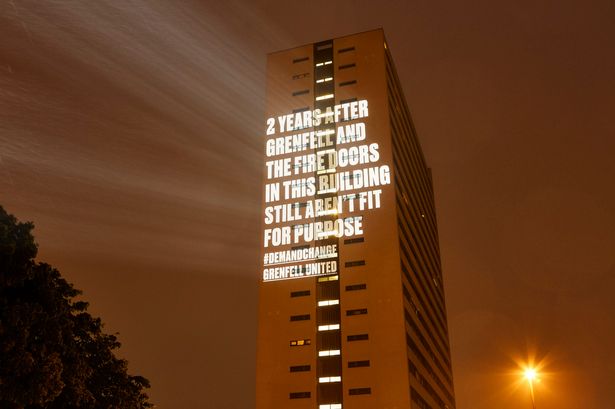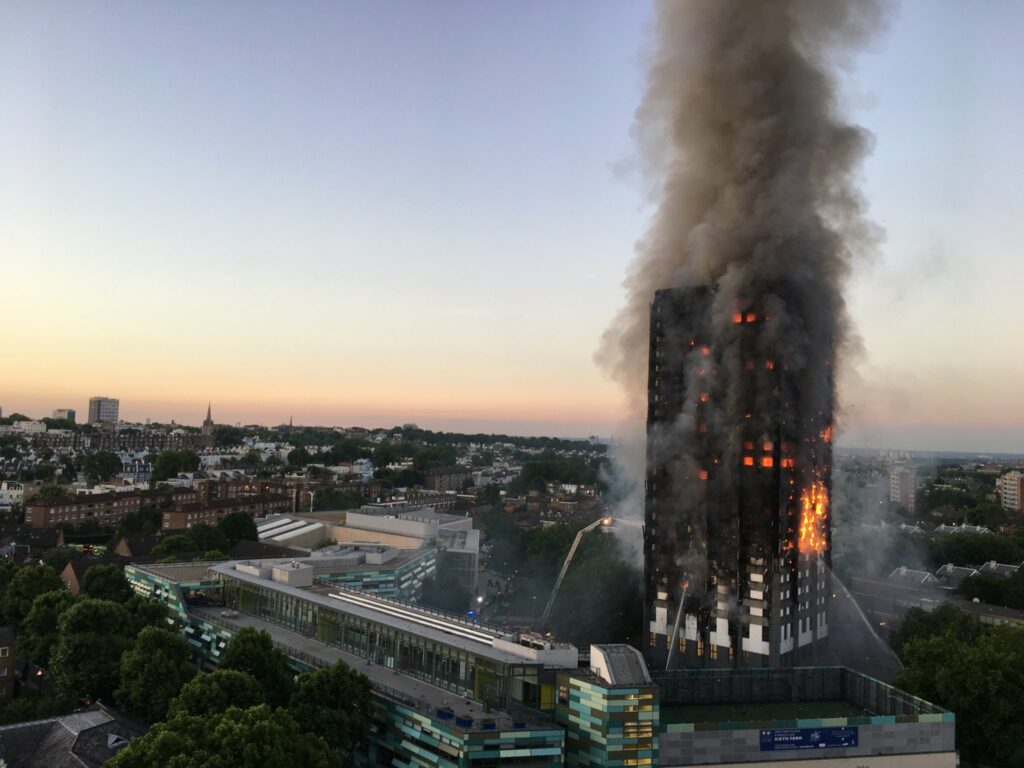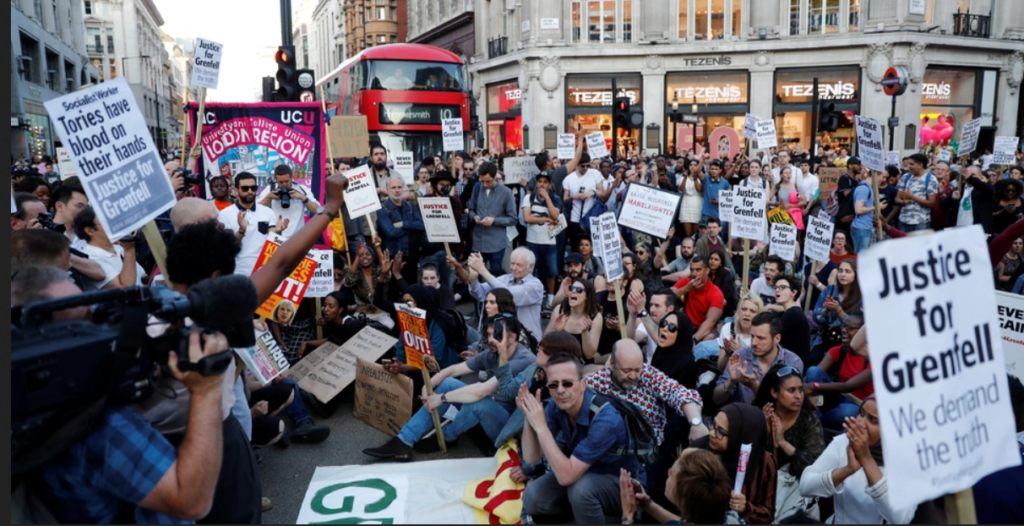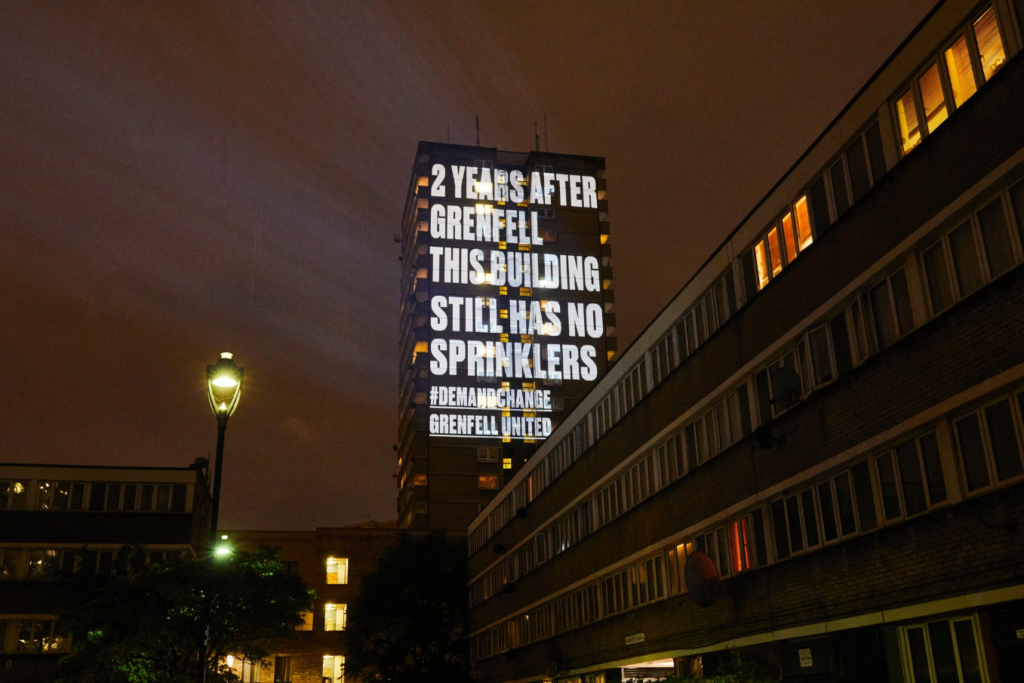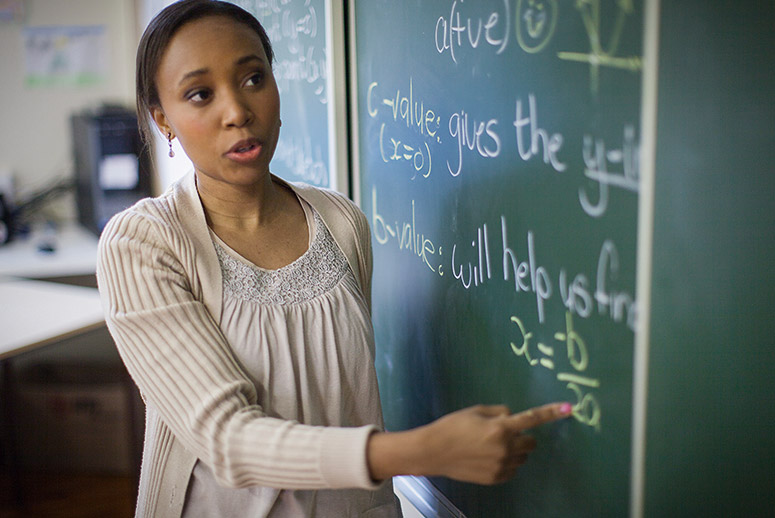Måske virker Have You Heard George’s Podcast umiddelbart ikke specielt velegnet til undervisning af danske engelskstuderende? Sværhedsgraden er helt sikkert i den høje ende. Og ordekvilibristen George the Poet bringer begreberne audio storytelling og podcasting nye steder hen med sin eksperimenterende hybrid af spoken word, social commentary, radioteater, lydmaleri, rap og reportage.

Når jeg alligevel vil give et par bud på, hvorfor, og ikke mindst hvordan, man skal integrere #HYHGP i sin engelskundervisning, er det fordi podcasten er en guldgrube af muligheder. Og vi læser jo altså også Shakespeare.
Før vi tager fat på George the Poet, vil jeg gerne sige tak til engelsklærerne på Sønderborg Statsskole, hvor jeg for nylig har været forbi med workshoppen Speak to Me – Emergent Underground Poetry. Mange af idéerne i denne artikel er direkte inspireret af input fra jer. Tak:-)
Læs også: The Poets (and their Podcasts) must be heard
Infinite Possibilities
Have You Heard George’s Podcast strækker sig foreløbig over 22 episoder fordelt på 2 sæsoner. De enkelte afsnit har en spilletid mellem et kvarter og en time afhængig af emne og format. Podcasten er blevet til i et samarbejde mellem George the Poet og musikeren Benbrick. Den har vundet flere priser og kan hentes på de fleste almindelige podcast playere og streames/downloades fra digterens hjemmeside eller BBC Sounds.
Til arbejdet i klasserummet vil jeg foreslå at koncentrere sig om Episode 1: Listen Closer og Episode 3 + 3.5 A Grenfell Story. #HYHGP åbner for en række tematiske forløb med fokus på Storbritannien, f.eks.:
- Class
- Crime
- The British School System
- Ellowen Deeowen (London)
- Multiculturalism
- Regional languages
- Spoken word
- Engelsk som lingua franca.
Derudover rummer de enkelte episoder mulighed for konkrete opgaver og arbejde med:
- Lytteforståelse
- Sproglig opmærksomhed
- Multicultural London English (MLE)
- Semantiske skemaer
- Stilistik
- Retorisk analyse
- Mundtlig og skriftlighed
- Integreret grammatik
- Fiktions- og dramaanalyse
- Kreativ skrivning
- Performance
Og selvfølgelig er det oplagt at arbejde med podcast og longform storytelling som genre. Hjemmesiden Ind i dansk har lavet en fin analysemodel til podcasts, som giver god til inspiration til formatet.
Context is Everything
Kontekst og stilladsering er nøglen til at bruge #HYHGP i undervisningen. Derfor tænker jeg også, at podcasten fungerer bedst i slutningen af et længere forløb, hvor eleverne på forhånd har arbejdet med nogle af de temaer George tager op. En anden relevant optakt kunne f.eks. et sprogligt fokus på britiske dialekter og sociolekter.
I første episode inviterer George the Poet selv lytteren til at “listen closer” og fortolke detaljerne i de historier han fortæller fra sit hood. Her har jeg transkriberet indledningen, hvor George sætter scenen for sin fortælling. Den skrevne tekst vil fungere som et godt supplement til det auditive og give eleverne mulighed for at skrive, tegne og markere elementer mens de lytter. Indledningen danner desuden basis for en række sproglige og analytiske opgaver.
Pre-reading: Multicultural London English
In Class
- Watch the video on the Multicultural London English Accent (MLE) and make note of important variations from Standard British English in grammar, vocabulary and pronunciation.
Læs også: Voices of Discord – Kate Tempest, Criticism and Modes of Discourse
Episode 1: Listen Closer

Assignment 1: Comprehension
Work in groups of three (A,B and C)
- Student A and B: Take turns reading the text out loud and discuss what it says and how it makes you feel. Make note of words you don’t understand or find difficult. Student C listen to the conversation and take notes on their thoughts, emotional response and any difficult words
- Student C: Interview students A and B based on your notes. Focus on how and why they react to the text.
My name is George the Poet, but right now I’m Uncle George watching my nephews play with their friends. I’m twenty years older than these kids and I’m imagining what the next twenty years will be like for them. Some of them will obviously be dead. Some in jail. Some sitting right here watching their own kids, asking the same questions.
People get uncomfortable when you talk about children like that. Like there’s a cause and effect relationship between the things we say aloud and the way the future pans out. Like these negative prospects are less likely for our children of we don’t acknowledge the current reality. Maybe words really are that powerful — or maybe that’s just a story we tell ourselves to imagine power into existence?
Everything you know is a story. An idea that you have accepted until the day you cross it out and replace it with a better answer.
When I was in school there was a planet called Pluto. Turns out there’s not. I mean Pluto’s still there. It’s just not a planet … anymore.
Personally, I have no opinion on Pluto, coz I wasn’t there at the time. But when it comes to this beautiful, resilient, overlooked, traumatized community I got skin in the game, I got 27 years of experience. So no matter what stories come up in the papers about our “trigger-happy gangland” og our “state-dependent single moms”, I remember everything, first hand. In fact, we all do. So why is it that we as a community has no control over our narrative? Our main storytellers are rappers, but the rappers of today are facing the same struggles NWA did around the time I was born: [Inaudible], housing, schools, crime, unemployment, is that it?
We now provide the fuel for a multi-billion dollar storytelling industry and all we have to show for it is new versions of the same story.
So anyway. I’m watching these kids play and wondering how many of them will die from stab wounds vs. bullet wounds, which of them will get sectioned first, what kind of drugs they’ll be selling in 20 years, how Brexit will affect their exposure to firearms. And I’ve got an idea. We should revisit our story. And instead of retelling it, we should rewrite it. I’m not saying: let’s fabricate history. I’m saying, let’s learn to interprete what we’re going through in a way that makes us … stronger and leaves us with a better idea of how to manage it.
So on that cheerful note. Welcome to my podcast!
Have You Heard George’s Podcast: Episode 1: Listen Closer (00:00-03:37)
Assignment 2: Language Listening
Individual Work
- Grab your mobile and earphones. Listen to the introduction to HYHGP Episode 1 (Time stamp: 00:00-03:37). The podcast is available in most podcast players, Spotify or at George’s website.
- Listen to the speaker’s accent and note of any variations form Standard English. Does George’s accent show traits of MLE?
- Does the text show clear signs of being spoken or written English (spelling, word choice, punctuation, sentence structure). If so, how and why?
- Keywords and Conclusions on white board.
Assignment 3: Finding adjectives
Work in pairs
- Highlight all adjectives in the excerpt from HYHGP Episode 1.
- Sort the adjectives into three groups:
| Positive | Neutral | Negative |
Assignment 4: Semantic Fields
- Listen to the podcast (00:00-03:37) and write down 10 words that belong to the semantic field society.
- Determine the wordclass for each of the found words.
- Write sentences that contain the words. Your sentences must consist of a main and a subordinate clause.
Assignment 5: Podcast analysis
A
- Listen to the introduction to George’s Podcast and make note of the narrative devices used to make the story come alive.
- How does the storytelling affect you? Does the audio influence the way you experience the story?
- What is the main theme of the podcast so far? What is the main point George is trying to make?
| TYPE | NOTE WHAT, WHERE AND WHEN |
| Diegetic sound | |
| Sound effects | |
| Background music | |
| Style of Language /Formality Level | |
| Poetic / Rhetorical Devices | |
| Modes of appeal | |
| Tone of Voice | |
| Narrative devices / Point of View |
B
- Listen to the reast of the episode and expand your analysis.
- Interpretation, conclusions and perspectives in class.
Episode 3: A Grenfell Story
På baggrund af katastrofebranden i boligblokken Grenfell Tower i Kensington 2018 fortæller 3. episode af HYHGP historien om en ung lærerinde på en lokal kommuneskole i den stærkt belastede del af det ellers så rige Londonkvarter. Episode 3.5 gennemspiller det samme handlingsforløb med personlige refleksioner fra George.
Afsnit 3 varer 26 minutter og George går i full blown narrative–mode. Episoden kan faktisk bedst sammenlignes med et gammeldages versdrama eller klassisk radioteater. Historien fortælles med flere karakterer, forskellige lokations, dialog (på vers), flere gensidigt afhængige konflikter og stor indføling.
Episoden skal nok stilladseres kraftigt for at kunne afkodes af mindre stærke elever. Som udgangspunkt lægger den op til mange af de opgavetyper, som jeg allerede har beskrevet ovenfor. Derudover er den oplagt til rollespil og forskellige former for remediering.
Derudover vil jeg foreslå at give eleverne et rids over handlingsforløbet, som godt kan virke forvirrende, når man kun har den auditive dimension at holde sig til.
Stilladsering
Tag udgangspunkt i de første ca. 12 minutter af episoden (00:00-12:35) og begynd med at lade eleverne lytte til uddraget uden hjælp. Snak derefter på klassen om uddraget og undersøg gennem dialog hvor meget eleverne har forstået/fået med. Herefter kan man med fordel udlevere en oversigt over kompositionen i uddraget som begynder in medias res.
Sekvensen fortæller dybest set samme historie fra forskellige synsvinkler. Når den erkendelse er på plads kan man arbejde videre med resten af episoden.
- The Classroom: (An argument develops during math class between a young female teacher (main character) and a student (Savannah).
- At Home: (After work the young teacher talks about her day with her boyfriend (George). Another conflict ensues)
- Voice Mail: (The young teacher leaves several voice messages on George’s phone. He doesn’t reply)
- The Headmaster’s Office: (The teacher is told off for her behavior during the in classroom incident)
Assignment 6: Storyboard It
Work in four groups (1 sc/group)
- If this was a movie what would it look like?
- Visualize the narrative by building a storyboard of each of the four scenes. (A storyboard is a sequence of drawings that show each individual shot/camera movement in the scene.)
- Share your storyboards on the walls of the classroom and walk through the entire story sequence.
Need help? Read an excellent blogpost on the basics of storyboarding. If you think drawing is too challenging you may use the simple online tool from Storyboard That.
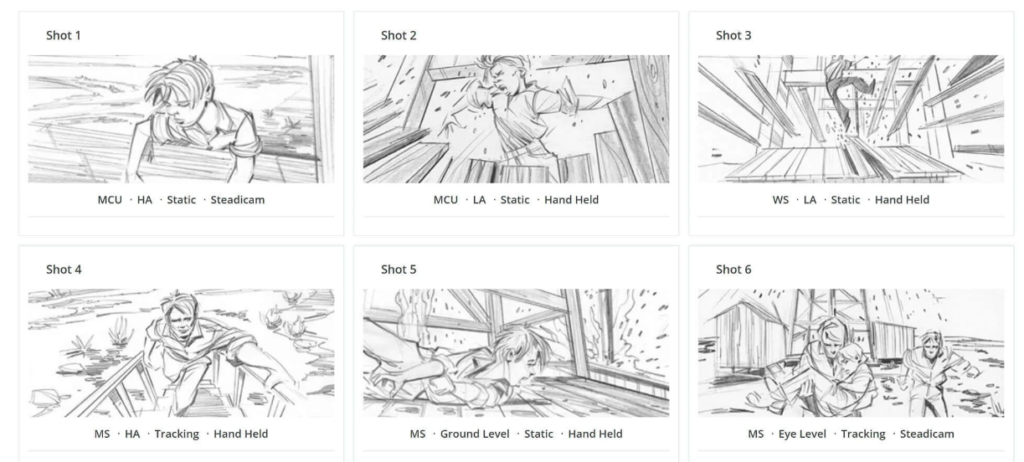
Læs også: The Poetry Project
